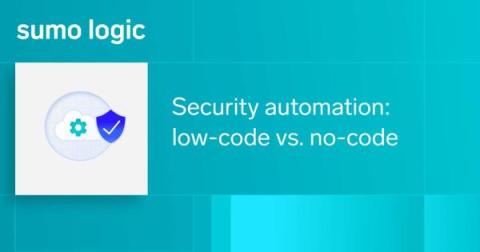Security | Threat Detection | Cyberattacks | DevSecOps | Compliance
Low Code
What are Microsoft Power Apps, and What are their Use Cases?
Securing AI-Enhanced Applications: Zenity's Role in Low-Code/No-Code Development
The Importance of Low Code Security in Today's Digital Landscape
Low Code Application Security Best Practices and Strategies
Cybersecurity in the Low-Code Age: Emerging Threats and Protective Strategies
No-code vs. low-code and near-no-code security automation
Unlocking Supply Chain Transparency for Low-Code/No-Code Apps with SBOM
The world of software development has witnessed a significant transformation thanks to low-code/no-code development platforms like Microsoft Power Platform, Salesforce, and ServiceNow. These platforms have empowered developers and business users of all technical backgrounds to create applications, automations, bots, connections (and more), rapidly and with greater accessibility.
Securing my LCNC - Where to Start?
When working with security teams and application security analysts, the new world of low-code/no-code development presents new questions that invariably begin with ‘where do we start?’ With so many new applications, automations, and more that are introduced to the corporate environment, it can seem like an endless pit of concerns about data flows, user permissions and potential security risks introducing my organization that need to be analyzed and brought under management.









